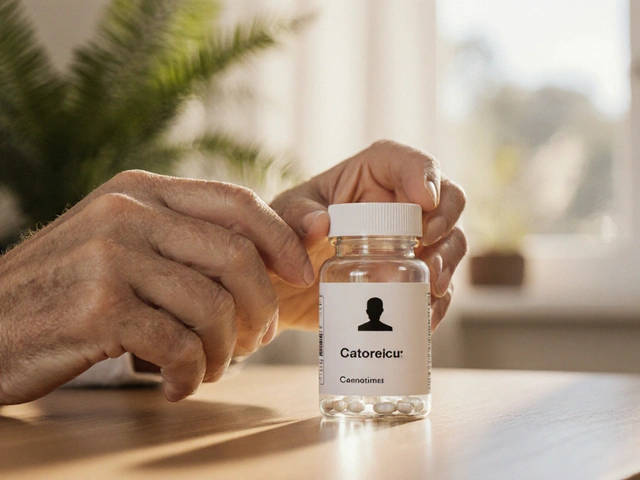Nerve health: practical tips to prevent and manage nerve pain
Nerve problems often start small: a numb toe, a tingling hand, or a shaky voice. Left alone, they can get worse. You don’t need fancy treatments to help your nerves — small daily changes can make a big difference. Below are clear, usable steps you can try today, plus when to get medical help.
Quick daily habits to protect your nerves
Control blood sugar. High blood sugar damages small nerves over time. If you have diabetes or prediabetes, check your levels regularly and follow your doctor’s plan. Even modest weight loss and steady exercise help.
Move often. Sitting for long periods cramps nerves and reduces circulation. Stand, stretch, or walk every 30–60 minutes. Gentle yoga and walking are low-risk ways to keep nerves fed with blood.
Mind your shoes and posture. Tight shoes, repeated pressure, or bad posture can pinch nerves. Wear shoes with room for your toes and check your posture when working at a desk. A small ergonomic change — a cushion, footrest, or keyboard height fix — often relieves numbness and tingling.
Watch medications and alcohol. Some drugs and heavy alcohol use can harm nerves. If you’re taking chemo, certain antibiotics, or high alcohol amounts, ask your provider about nerve-safe alternatives or monitoring.
Check vitamins. Low B12 can cause numbness and memory fog. A simple blood test can confirm it. If you’re vegan, over 50, or have digestive issues, ask about B12 checks and supplements.
Use heat, cold, and massage wisely. Short, targeted heat can relax tight muscles that press on nerves. For tremors or shaky hands, gentle massage and neuromuscular exercises may help — see our article on massage therapy for tremors for practical techniques you can try at home.
When to see a doctor and what to expect
See a clinician fast if you have sudden weakness, trouble walking, loss of bladder or bowel control, or severe, spreading numbness. These can be signs of serious nerve injury or conditions that need urgent care.
Expect your doctor to ask detailed questions about when symptoms started, what makes them better or worse, and your medical history. Common tests include blood work (B12, glucose, thyroid), nerve conduction studies or EMG, and sometimes imaging like an MRI to check for pinched nerves.
Treatment is tailored. For pain you might see medications like gabapentin or duloxetine, topical patches, targeted physical therapy, or procedures if a nerve is compressed. Lifestyle steps stay central: good sleep, steady blood sugar, avoiding alcohol excess, and consistent movement.
Nerve issues aren’t always fixable overnight, but many people improve a lot with the right plan. If you want practical guides, check our posts on tremor relief, anxiety/OCD links to nerve symptoms, and simple therapy tips that help manage nerve-related problems in daily life.
Take small steps today: test for B12 if you have numbness, stand up more, and book a check-up if symptoms worsen. Your nerves will thank you for steady, sensible care.

As a health enthusiast, I recently stumbled upon the fascinating connection between Iron-Folic Acid and our body's electrical system, particularly our nerve health. It turns out that these essential nutrients play a crucial role in maintaining the proper functioning of our nervous system. Iron is vital for the formation of myelin, the protective layer surrounding our nerves, while Folic Acid aids in the production of neurotransmitters that send signals throughout our body. By ensuring we consume enough Iron and Folic Acid, we can support our body's electrical system and keep our nerves functioning optimally. So, let's not underestimate the power of these nutrients and make them an integral part of our daily diet for better nerve health!
Chris Gore Jun 26, 2023




